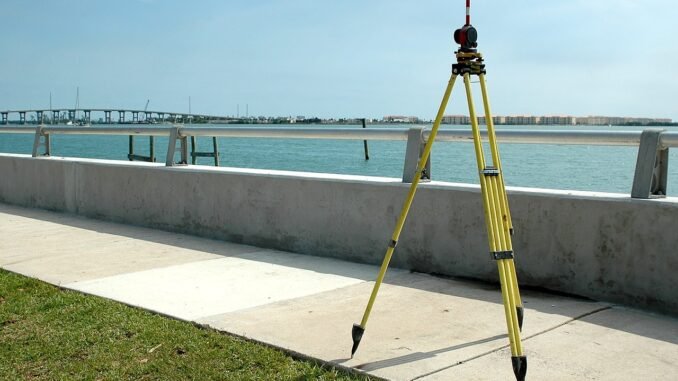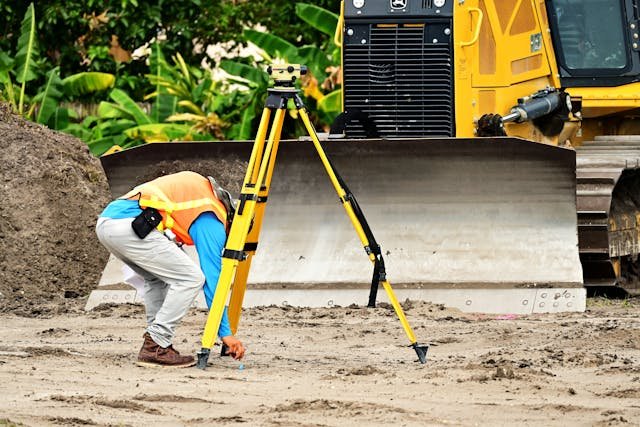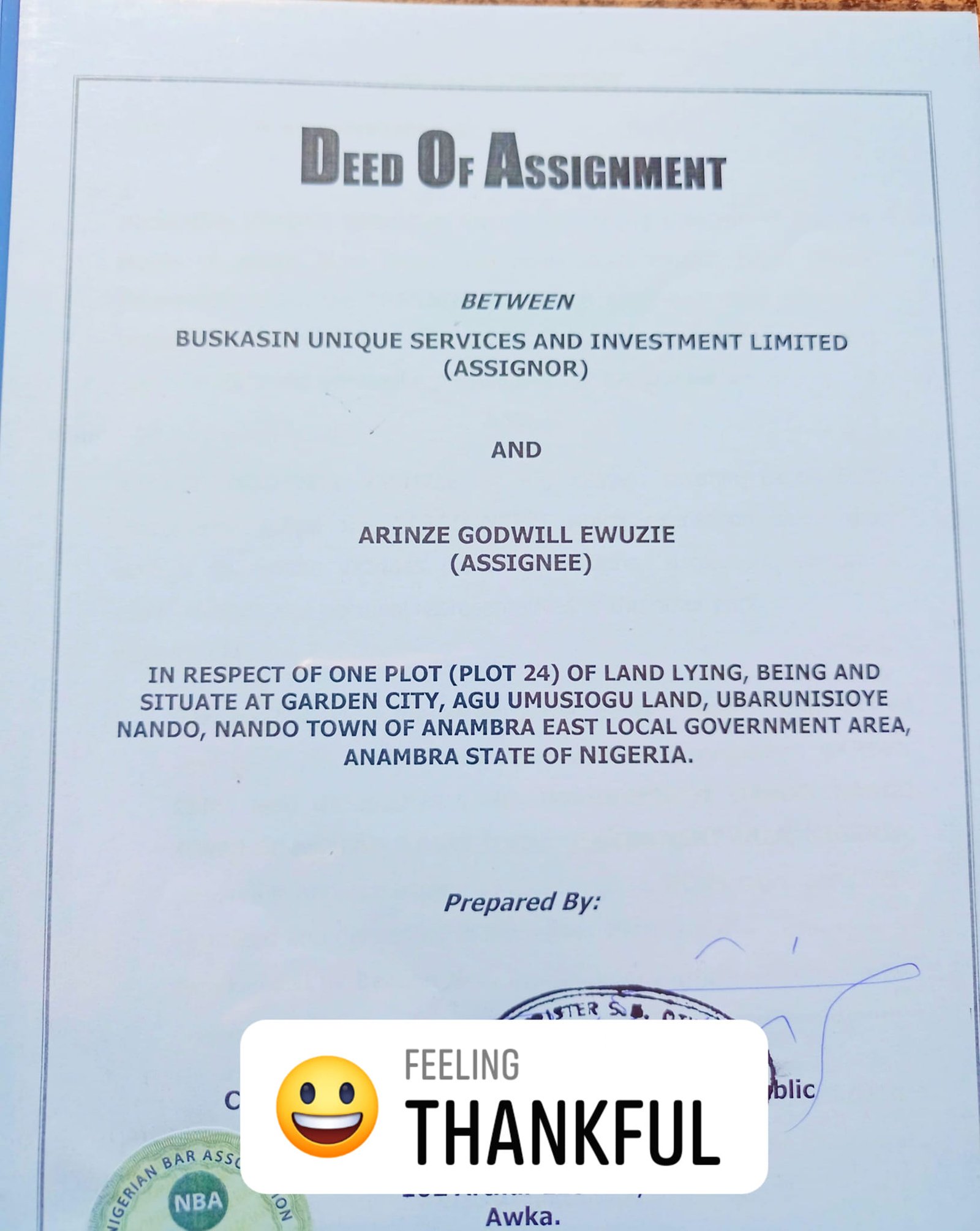
In the world of real estate, a registered survey is an important document that verifies the precise location and measurements of a piece of land. But what exactly happens before you get that official stamp? Let’s go into the process, starting from the moment the government releases land back to the community.
Contents
- 1. Release and Community Agreement
- 2. Real Estate Firm Steps In
- 3. The Registered Surveyor Enters the Scene
- 4. Taking Coordinates
- 5. Mapping and Documentation
- 6. Registration for Official Recognition
- 7. Deed of Assignment and Land Division
- 8. Transferring Ownership: The Deed of Assignment
- Is Registered Survey A Land Title
- What a Registered Survey Means for You
1. Release and Community Agreement
The government decides to release a parcel of land back to a community. This could be for development purposes or to return land that was previously acquired.
The Nigerian Land Use Act of 1978 vests ownership of all land (except federally controlled areas) in the state government. This act empowers the government to act as a trustee, managing land for the benefit of its citizens. When a community identifies land for development, it initiates discussions with the government for its release.
2. Real Estate Firm Steps In
A real estate firm negotiates with the community to acquire the land. This agreement will likely outline the intended use of the land and any benefits for the community.
See>>> How to Spot Fake Real Estate Sellers and Avoid Real Estate Fraud
3. The Registered Surveyor Enters the Scene

Once an agreement is in place, a licensed surveyor is hired by the real estate firm. This professional plays a vital role in establishing clear boundaries and ensuring a smooth transaction.
4. Taking Coordinates
The surveyor visits the land and uses specialized equipment to capture precise coordinates. This process involves techniques like GPS (Global Positioning System) and total station surveying to pinpoint the exact location of the property lines.
Recommended>>> 17 Things to Know Before Buying Land in Nigeria
5. Mapping and Documentation

The gathered data is used to create a detailed map of the land. This map will illustrate the property’s boundaries, dimensions (including area), and any relevant features like easements or encroachments.
6. Registration for Official Recognition
The completed survey plan, along with the surveyor’s stamp and signature, is submitted to the relevant government land registry office. This registration process validates the survey and makes it a legal document.
Related>>> Why Buying Land Through a Real Estate Company Makes Smart Sense
Now, the following shows how Deed of Assignment comes into play.
7. Deed of Assignment and Land Division
When the real estate firm looks to sell portions of the land, a Registered Survey becomes even more critical. The firm can subdivide the larger plot into smaller parcels based on the original Registered Survey. A surveyor may be involved again to ensure these subdivisions are accurate and meet legal requirements.
See>>> Land Documents and Titles In Nigeria You Need To Know
8. Transferring Ownership: The Deed of Assignment
Once a potential buyer expresses interest in a specific parcel, a Deed of Assignment comes into play. This legal document formally transfers ownership of that specific portion of the land from the real estate firm (assignor) to the individual buyer (assignee). The Deed of Assignment references the Registered Survey to identify the exact parcel being conveyed. Below is how Deed of assignment looks like:
Is Registered Survey A Land Title
No, a registered survey by itself is not a land title. It’s an important document for land ownership, but it doesn’t definitively prove ownership. It is one piece of evidence used to establish a land title. In some cases, having a registered survey can help you move forward with getting a full title, like a C of O.
See>>> Guide to Mortgage Loans in Nigeria: Everything You Need to Know
What a Registered Survey Means for You
A registered survey offers several benefits for both the real estate firm and potential buyers:
- Clarity and Certainty: A registered survey eliminates confusion about property borders, preventing future disputes with neighbours.
- Secure Transactions: Buyers can be confident they are purchasing the exact piece of land they are interested in.
- Development Potential: With clear boundaries established, developers can plan construction projects efficiently.
See>>> Land Acquisition in Nigeria: Types, Process, Documents required
Remember: A registered survey is not the same as a land title. While a survey verifies the physical land, a title establishes ownership. In some cases, a registered survey may be a prerequisite for obtaining a land title.
By understanding the Registered Survey and Deed of Assignment processes, communities, real estate firms, and individual buyers can navigate land acquisition, development, and ownership with greater confidence. It ensures a smooth transition from government release to secure ownership, paving the way for responsible real estate growth.
- Follow me on TikTok for quick tips and behind-the-scenes tours
- Subscribe to my YouTube channel for in-depth videos and property showcases
- Follow me on Facebook for updates, listings, and real estate advice


Leave a Reply